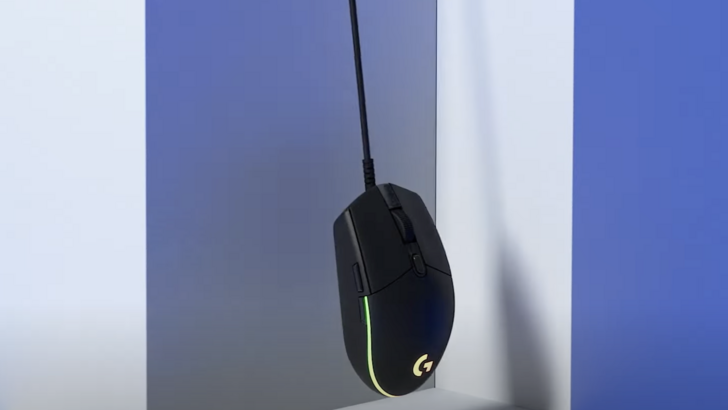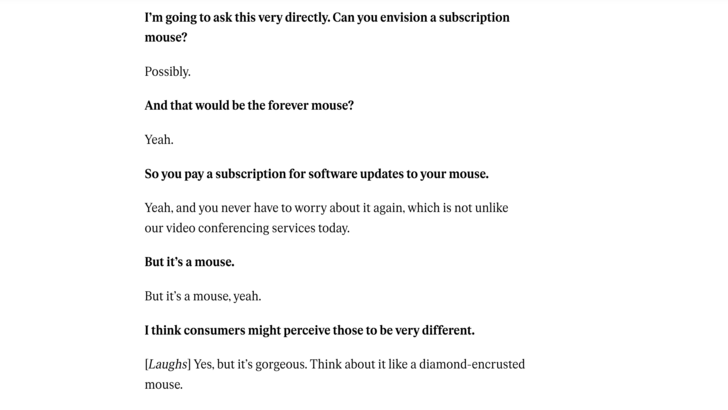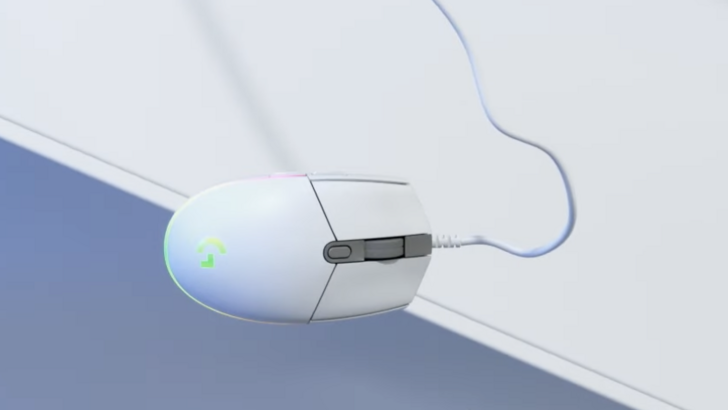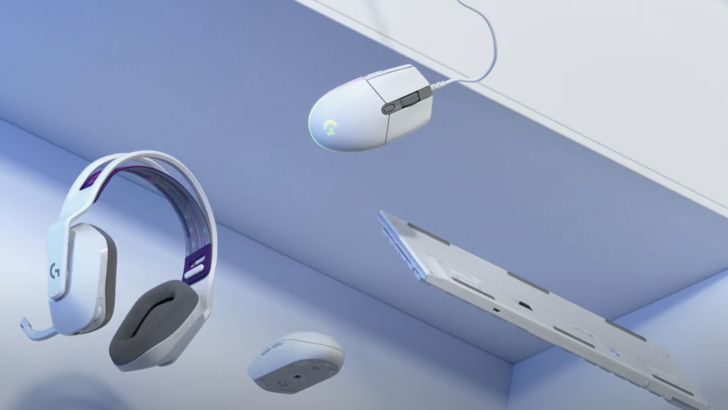Logitech CEO's "Forever Mouse" Concept Sparks Debate: Subscription or Innovation?
Logitech's new CEO, Hanneke Faber, has unveiled a potentially disruptive concept: the "forever mouse," a premium gaming mouse with ongoing software updates, possibly requiring a subscription. This idea, discussed on The Verge's Decoder podcast, has ignited a firestorm of debate among gamers.

Faber envisions a high-quality mouse, comparable to a Rolex watch in its longevity and value. While acknowledging the need for occasional hardware repairs, the core concept centers on eliminating the need for frequent mouse replacements through continuous software enhancements. The comparison to a Rolex, however, has been met with mixed reactions. Faber herself admitted the "forever mouse" isn't a perfect analogy, as technology necessitates updates unlike a mechanical watch.

The potential for a subscription model is driven by the high cost of developing such a durable, upgradable product. Faber clarified that the subscription would primarily cover software updates, mirroring existing models in video conferencing services. Logitech is also exploring alternative business models, including a trade-in program similar to Apple's iPhone upgrade program. This could involve customers returning their mouse for refurbishment and resale.

This "forever mouse" concept aligns with a growing trend of subscription services across various industries, including gaming. From entertainment streaming to hardware services (like HP's recent print subscription), subscription models are gaining traction. The gaming industry, with its reliance on high-quality peripherals, presents a lucrative market for such models. However, recent price increases for services like Xbox Game Pass and Ubisoft+ have already raised concerns among consumers.

The online reaction to the "forever mouse" has been overwhelmingly negative. Many gamers expressed skepticism and even ridicule towards the idea of a subscription for a standard peripheral. The general sentiment highlights concerns about the potential cost and the perceived unnecessary monetization of a basic piece of hardware.



























![City Devil: Restart [v0.2]](https://img.icssh.com/uploads/38/1719554737667e52b102f12.jpg)


